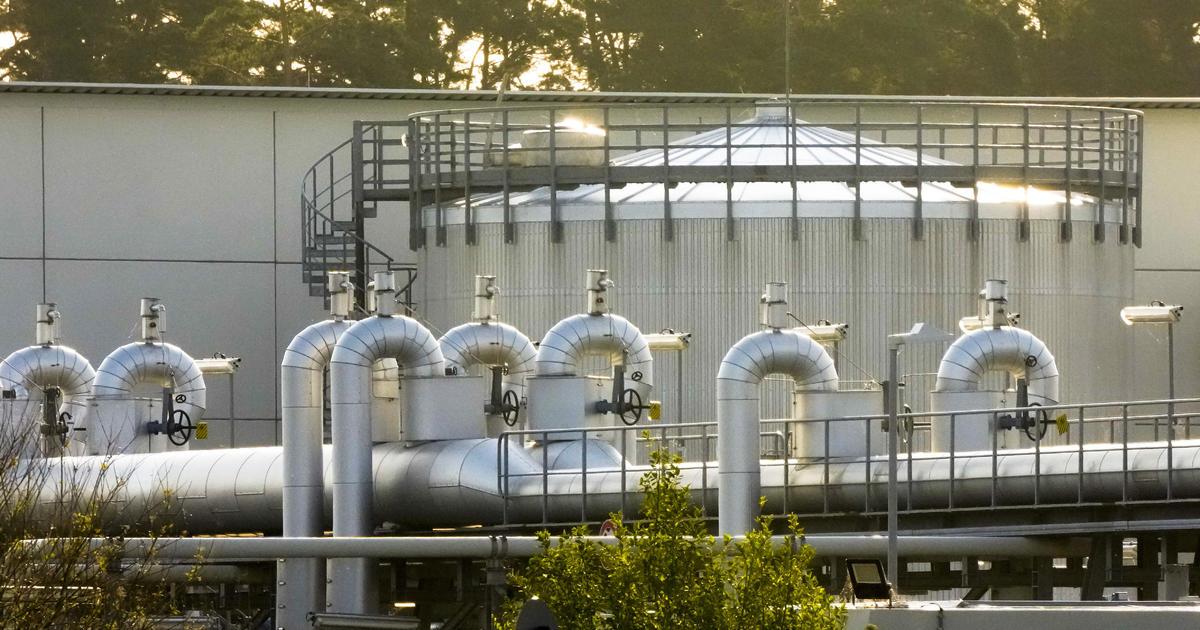European Union governments agreed Tuesday to ration natural gas this winter to protect themselves against any further supply cuts by Russia as Moscow pursues its invasion of Ukraine. EU energy ministers approved a draft European law meant to lower demand for gas by 15% from August through March. The new legislation entails voluntary national steps to reduce gas consumption and, if they yield insufficient savings, a trigger for mandatory moves in the 27-member bloc. European Commission President Ursula von der Leyen welcomed the move, saying that the “the EU has taken a decisive step to face down the threat of a full gas disruption by [Russian President Vladimir] Putin.”
On Monday, Russian energy giant Gazprom said it would limit supplies to the EU through the Nord Stream 1 pipeline to 20% of capacity, heightening concerns that Russian President Vladimir Putin will use gas trade to challenge the bloc’s opposition to the war in Ukraine. “The winter is coming and we don’t know how cold it will be,” said Czech Industry Minister Jozef Sikela, whose policy portfolio includes energy. “But what we know for sure is that Putin will continue to play his dirty games in misusing and blackmailing by gas supplies.”
Since Russia invaded Ukraine in February and the West protested with economic sanctions, 12 EU countries have faced halts to, or reductions in, Russian gas deliveries. Although it has agreed to embargo oil and coal from Russia starting later this year, the EU has refrained from imposing sanctions on Russian natural gas because Germany, Italy and some other member states rely heavily on these imports. The disruptions in Russian energy trade with the EU are stoking inflation that is already at record levels in Europe and threatening to trigger a recession in the bloc just as it was recovering from a pandemic-induced slump. The energy squeeze is also reviving decades-old political challenges for Europe about policy coordination. While the EU has gained centralized authority over monetary, trade, antitrust and farm policies, national sovereignty over energy matters still largely prevails.
